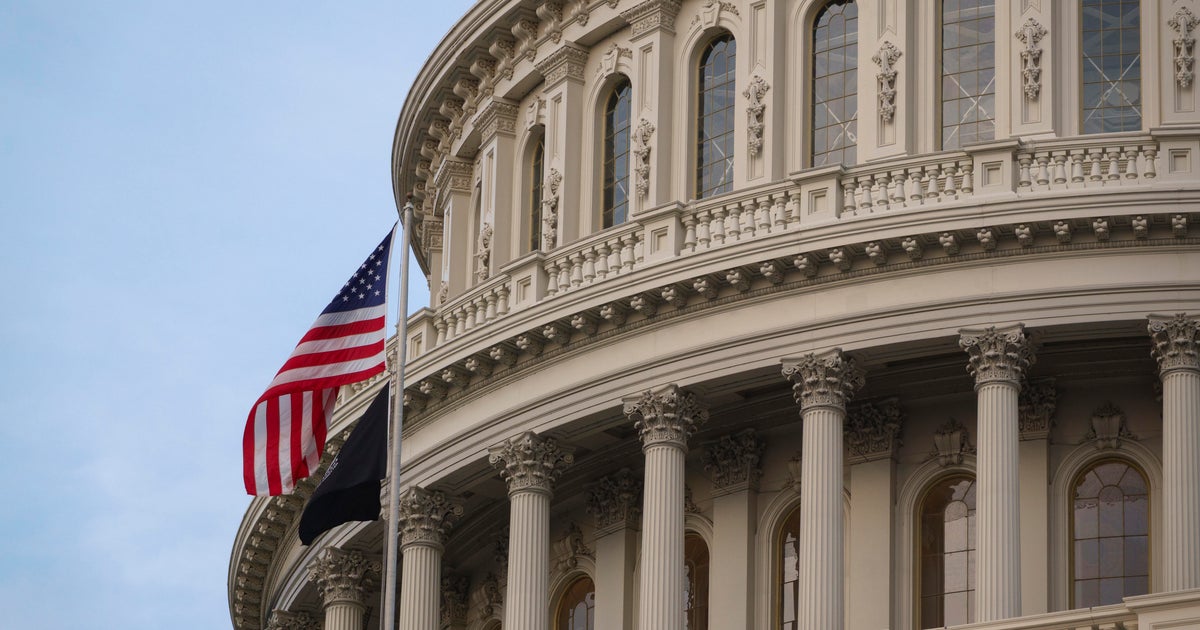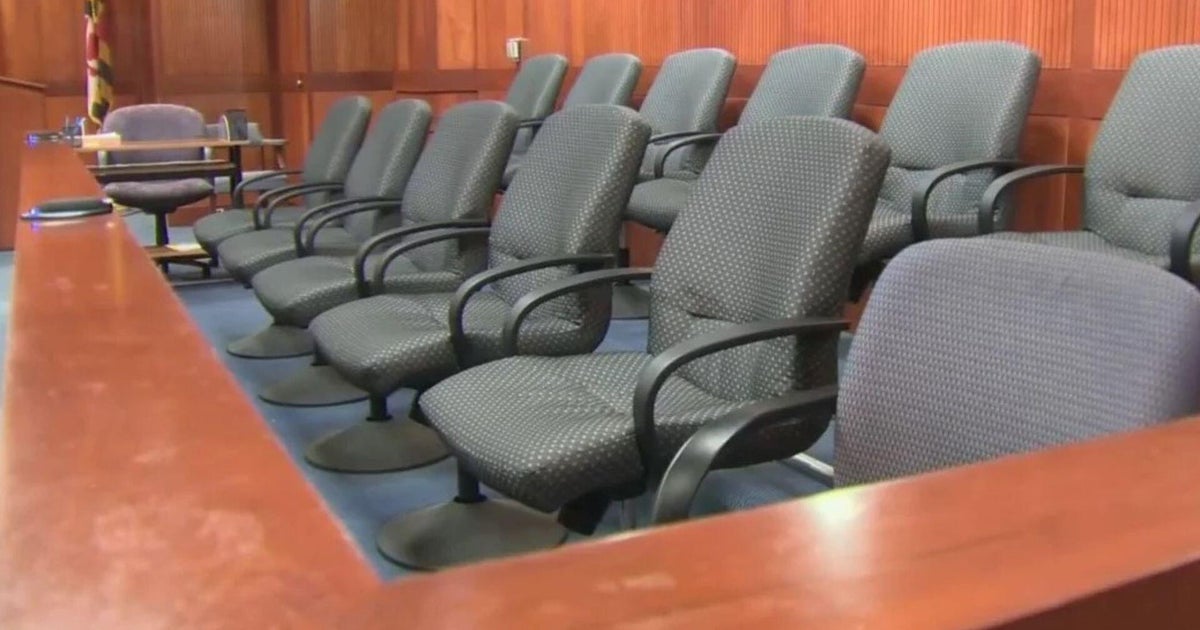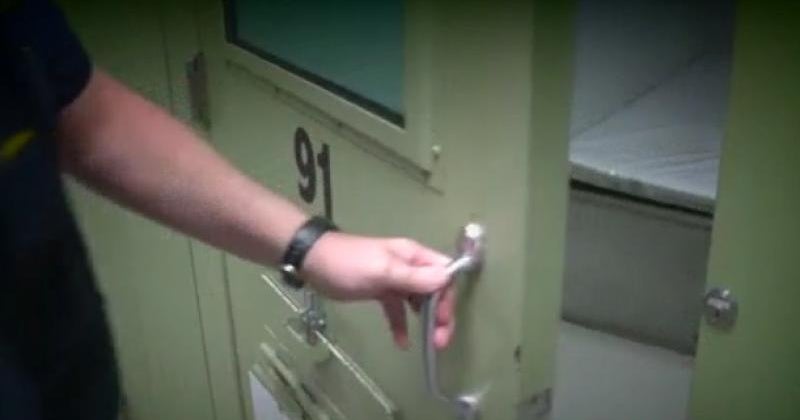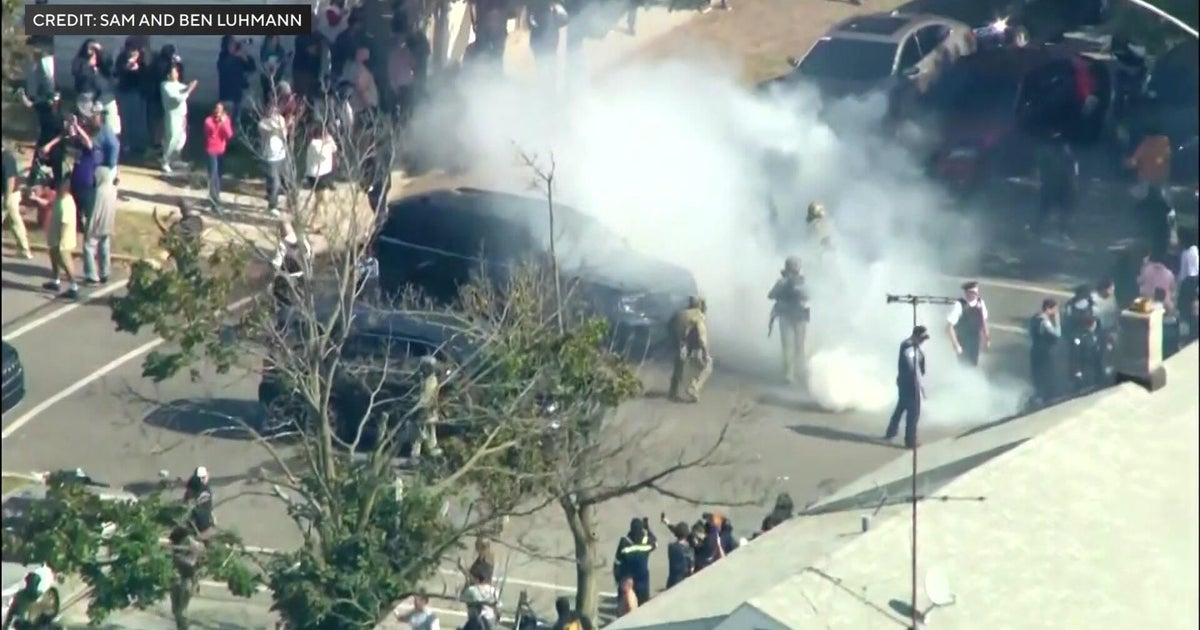Gitmo War Crimes Court Surprises Some Observers
GUANTANAMO BAY NAVAL BASE, Cuba (AP) -- The military tribunals held at an isolated U.S. outpost have been lambasted as kangaroo courts, heavily weighted in favor of the prosecution. But most of the convictions so far have led to lighter than expected sentences.
Legal experts note, with some caveats, that all but one of the seven convictions at what are known as military commissions, including a plea bargain finalized Wednesday for a former Maryland man, have resulted in lower sentences than those routinely handed out in U.S. civilian courts for similar offenses.
"There is no evidence, zero, none, zip, that the justice delivered in military commissions is harsher than the justice delivered in federal court," said Benjamin Wittes, a senior fellow and terrorism specialist at the Brookings Institution in Washington.
"And there is a fair bit of evidence, based admittedly on a very limited universe of military commissions cases to date, that the quality of justice is more lenient," said Wittes, one of the founders of the influential Lawfare blog.
Some critics challenge the whole concept of the military trials and note that a majority of the 171 prisoners never will be charged with a crime, let alone face trial, despite the fact that most were captured more than a decade ago.
"The federal courts offer something the military commissions do not: true due process," said Zachary Katznelson, a lawyer for the American Civil Liberties Union, who was observing the hearing this week at which Majid Khan, a graduate of a suburban Baltimore high school, pleaded guilty to plotting attacks with al-Qaida.
The majority of the men are being held either because they are considered too dangerous to release or because the U.S. authorities say they cannot find an acceptable place to transfer them.
About 80 percent of the inmates are now held in a communal camp where improved conditions, including access to classes and 24 satellite TV channels, have resulted in fewer assaults on guards and less tension, according to officials who led reporters on a tour of the prison this week.
Officials have said that about 35 prisoners at Guantanamo could eventually be tried in the first U.S. war crimes tribunals since the World War II era. That group includes five men accused of plotting the Sept. 11 attacks who are expected to be arraigned later this year on charges that carry a potential death penalty. It also includes a Saudi accused of helping set up the deadly bombing of the USS Cole in 2000 in another capital case.
But lower-level figures so far have appeared to fare better.
Khan pleaded guilty to charges that included murder, attempted murder and spying for helping al-Qaida plot attacks in the U.S. and delivering money for a deadly hotel bombing in Indonesia. He will receive a sentence that cannot exceed 19 years, if he helps prosecute other prisoners, and could end up receiving less.
Omar Khadr pleaded guilty to throwing a grenade that mortally wounded an American soldier and received a sentence capped at eight years. He could be sent back to his native Canada, where some expect he will be quickly released. The Toronto-born Khadr was 15 when he was captured, and his advocates say he was abused early in his captivity. Still, he could have received a life sentence at the commission, and a civilian U.S. court would likely have given him one.
Two other men who pleaded guilty to aiding al-Qaida also secured deals that will get them home in the next several years. Salim Hamdan, who was convicted by a military jury of aiding terrorism in his work as a driver for Osama bin Laden, was sentenced to 5 1/2 years, including time served, and is back home in Yemen, reportedly working as a taxi driver.
The exception has been Ali Hamza al-Bahlul, who helped al-Qaida produce propaganda and handled media relations for bin Laden and refused to participate in his trial. He was convicted in November 2008 of multiple counts of conspiracy, solicitation to commit murder and providing material support for terrorism, and is serving a life sentence at Guantanamo.
But experts note that in general the men convicted so far seem to be faring better than detainees charged with terrorism in civilian courts.
"Military commissions have produced sentences or plea deals that are lighter than those typically coming out of federal courts, where terrorism-related sentences are often very severe," said Matthew Waxman, a professor at Columbia Law School and former senior Pentagon adviser on detention issues.
It's hard to generalize about the reasons for the lighter-than-expected sentences since the facts in each case are so different, though clearly at least three of the plea bargains could produce significant assistance prosecuting more major figures.
The chief prosecutor, Army Brig. Gen. Mark Martins, declined this week to spell out any kind of prosecution strategy or to say which cases he might pursue next. But he could be securing the convictions of relatively minor figures in order to build cases against prisoners such as Khalid Sheikh Mohammed, the self-proclaimed mastermind of the Sept. 11 attacks and more than two dozen other plots, and Hambali, the Indonesian terrorist leader.
In Khan's case, his lawyers said he was remorseful and wanted to cooperate.
"His decision to plead guilty and to cooperate was not an easy decision for him, particularly after everything that happened to him prior to his transfer to Guantanamo," said Wells Dixon, one of his civilian attorneys, who has said his client was tortured while in CIA custody before he was transferred to the U.S. base in Cuba.
The military tribunals have long been criticized as overly favoring the prosecution. They were first reformed by Congress and President George W. Bush in 2006, then again under President Barack Obama in 2009. Martins said they now prohibits prosecutors from using evidence gained through torture, but lawyers and human rights say the changes have not gone far enough.
Clive Stafford Smith, a lawyer for the British civil rights group Reprieve who has represented many Guantanamo prisoners, said relatively short sentences have been handed out so far to men desperate for freedom who agreed to plea bargains and don't make up for the harsh treatment the men suffered in the past.
"There are still so many negatives," he said, "that to rehabilitate Guantanamo Bay's reputation in world opinion would be harder than rehabilitating Osama Bin Laden's, to tell the sorry truth."
(Copyright 2012 by The Associated Press. All Rights Reserved.)







